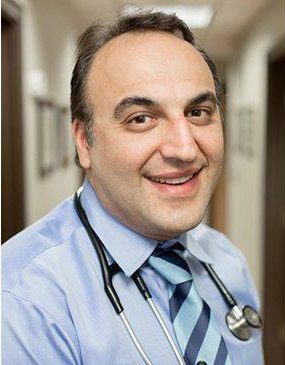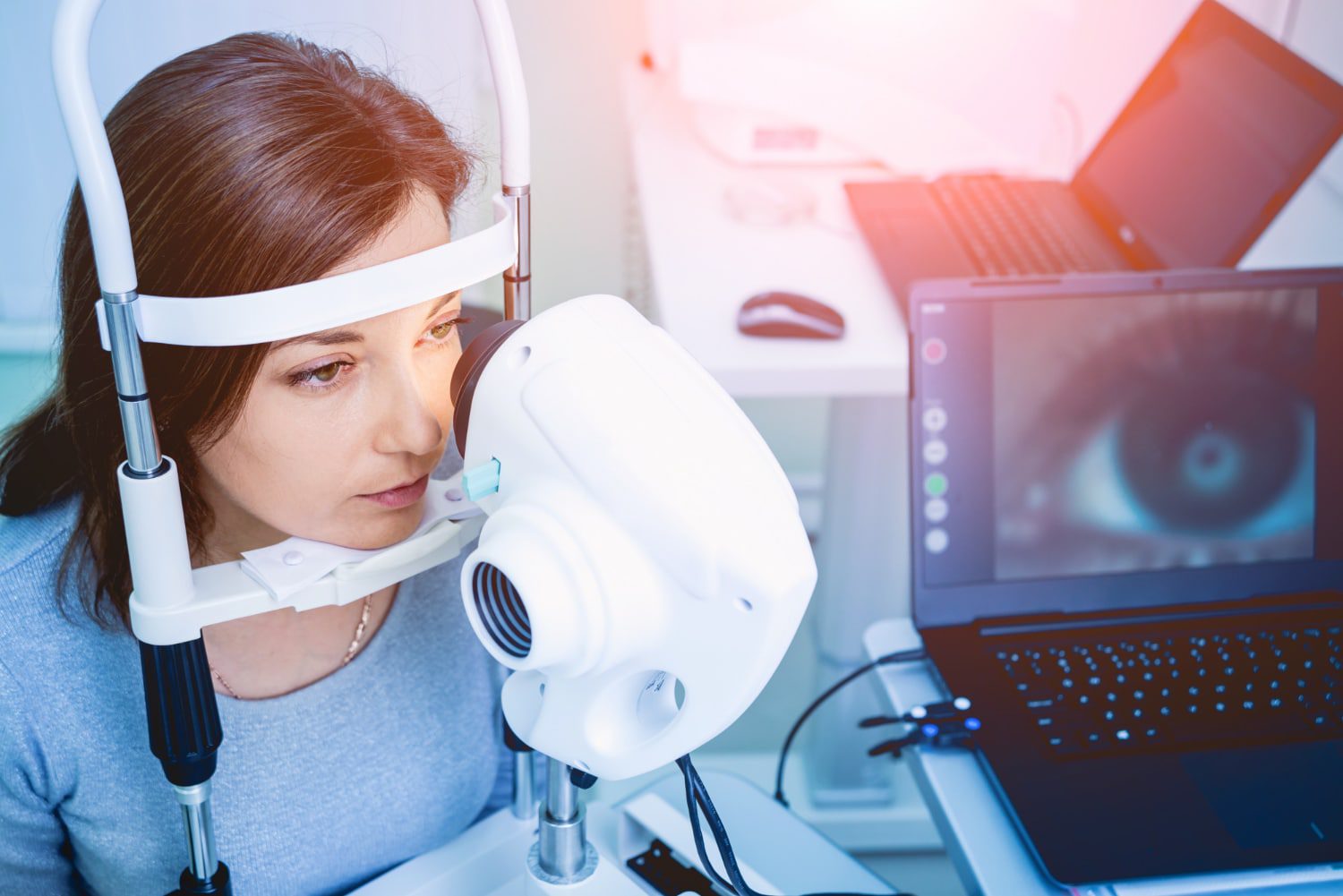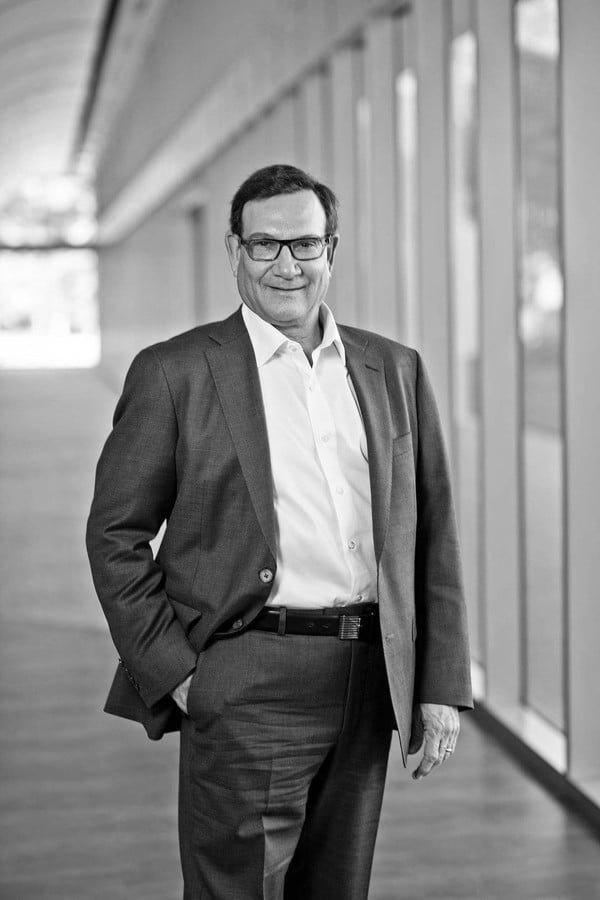The COVID-19 virus shows encouraging signs of falling behind in the U.S. With the advent of the first FDA-approved vaccines at the end of last year and an efficiently coordinated vaccination campaign, the U.S. has experienced a steep drop in new daily COVID-19 cases (11,500 cases on May 29th), coupled with an even steeper growth in daily (41% of the population fully vaccinated).
Understanding Prevention Is More Important Than Treatment
The prospects could not be merrier for the battle-hardened general population, who is ready to reclaim, once again, its freedom of movement and live in an environment devoid of fear. For Dr. David Ramin, a Wayne State University School of Medicine alumnus and head of his private practice in Beverly Hills, this environment of fear exacerbated the global pandemic. It caused numerous people to experience something similar to the entrapment feeling felt by a claustrophobic person. He even shared with Top Doctor Magazine a patient story that speaks for itself on this matter: “I had one patient who had twice a week COVID-19 testing done. He did so much that he ended up having trouble with his nostrils and getting perforation.”
Hurting oneself is an unexpected yet ordinary outcome of exaggerated self-care. In Dr. Ramin’s view, the physician bears responsibility for educating the patient on the significance of prevention to restrict this environment of fear to a minimum: “The most important thing as physicians is to make sure they (i.e., the patients) are not living in fear. You have to educate them not to live in fear.”
An Epidemic of Misinformation
This educational work can put the brakes on today’s tendency towards self-education from unverified sources, giving rise to our contemporary misinformation epidemic. “Up to 30% of patients who seek assistance for a doctor are worried about certain things that might not be true; they read on Google, and they think they have cancer or some sort of illness, they have very few months left to live, or they’re going to die.”
In a world where the concept of authority is constantly put to the test, Dr. Ramin reminds us that the scientific world’s bedrock resides on continuous learning and data analysis. “Anybody can put things on the internet. […] As patients, it’s very hard, anybody can come and comment, and those comments might be taken as data.” The formidable task of separating presuppositions from actual research is not for anyone to undertake, although this reality might hurt a few egos; however, for Dr. Ramin, the consequences of this unwarranted research are real and troublesome: “People are able to search things and start worrying by things that they shouldn’t be.”
Constantly Improving Oneself
The second component of a robust and trustworthy scientific world is continuous learning. Dr. Ramin utilizes his teaching experience from the USC Keck School of Medicine to diversify and improve his practice. As an educator, he firmly believes that preparing the next generation of physicians can only be achieved through constant learning. “When you teach medical students, you have to keep updated. I like teaching because that keeps me more up to date.” He communicates with Top Doctor Magazine.
Finding Superior Ways to Treat Diabetes
Owing to his General Internal Medicine training, Dr. Ramin works with patients whose morbidities cover an extensive range. Out of all, treating patients with endocrine disorders such as diabetes is paramount to his work. “Diabetes is the number one cause of blindness, kidney failure and causes a lot of morbidity and mortality associated with heart disease and stroke.” Taking on this prevalent medical issue (which affects over 400 million people worldwide) truly is a daunting task, never mind the COVID-19 pandemic, which added the proper ingredients, such as poor diet and lack of activity, to an already diabetes-friendly recipe.
However, Dr. Ramin believes that he found an excellent way to treat diabetes in the shape of, you’ve guessed it, prevention. “It’s the simplest way of treating diabetes,” he conveys to Top Doctor Magazine. Through constant prevention tactics and weight loss, the blood sugar in diabetes patients will gradually decrease, leading to a decrease in insulin resistance. Less insulin resistance calls for a shorter necessary drug list and facilitates disease amelioration.
Dr. Ramin improves his diabetes prevention tactics through specific medicine that facilitates weight loss. Diabetes patients can achieve weight loss either by disposing of blood sugar through the urine or by causing a feeling of satiety, leading to reduced food intake. Patients will not return to their original eating habits with an already shrunk stomach regardless of how much weight they lost. To conclude, both approaches center on the same issue, namely insulin resistance. “I’ve changed our practice of medicine, too, to the point that we are going back and getting rid of what’s the hallmark, which is insulin resistance.”
“If Your Passion Is Medicine, Go for It!”
Dr. David Ramin successfully illustrates the physician’s sworn quest towards an unquenchable thirst for knowledge and an unbreakable will to help and educate patients daily. While not always a walk in the park, medicine will always reward those who practice it with passion, with love, and with selflessness. “I’ve spent past 20 years going to hospitals, emergency rooms, being in my office, having my phone ring in the middle of the night, during the day, during weekends, taking care of patients; it’s the most rewarding career anybody could have; you deal with the patients, you deal with people’s lives.”
However, for those who are not passionate about medicine, happiness and fulfillment lay somewhere else: “If your passion is medicine, go for it. If your passion is not medicine, you aren’t going to be a happy person doing medicine; people who are passionate about medicine become pretty good doctors. People who are not passionate about medicine shouldn’t go into medicine.”
As a parting reminder, Dr. Ramin reiterates the urgent need for a continuous dialogue between physicians and patients in an effort to remove the latter’s insecurities and help them recover after this besieged-by-fear pandemic. “It’s very important to have an understanding of them (i.e., the patients) and have a way of communicating with them to make sure they can come back and leave their lives because the lack of social interaction will devastate a generation of us.”
For more information on Dr. David Ramin and his practice, check out the following website.









0 Comments